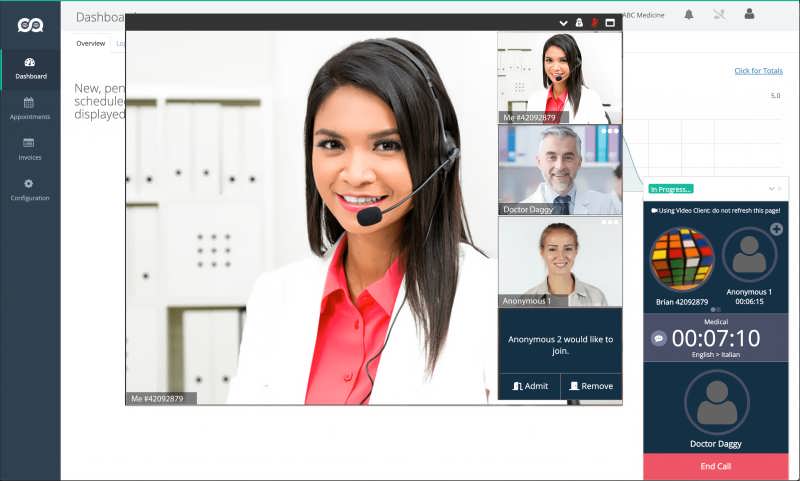Virtual Interpreting
Virtual Interpreting
Virtual interpreting refers to the use of technology to provide interpreting services remotely. This type of interpreting can take many forms, including video remote interpreting (VRI), over-the-phone interpreting (OPI), and web conferencing interpreting.
One of the primary benefits of virtual interpreting is that it allows individuals to access interpreting services from anywhere with an internet connection, making it a convenient and flexible solution for many situations.
Some other benefits of virtual interpreting include:

Accessibility
Virtual interpreting can be accessed from anywhere, making it a valuable tool for individuals in remote or rural areas, or those who are unable to travel.

Cost-Effectiveness
Virtual interpreting can be less expensive than in-person interpreting, as it eliminates the need for travel and other logistical expenses.

Speed
Virtual interpreting can be accessed quickly, allowing for rapid
communication and decision-making.

Customization
Virtual interpreting can be customized to meet the specific needs
of different settings and participants.
From the Comfort of Your Home
Virtual interpreting has become an increasingly important tool for overcoming language barriers and facilitating effective communication in a wide range of settings. With continued advancements in technology, it is likely that virtual interpreting will become an even more important tool for improving access to interpretation services around the world.
How It Works
Our Team Principles

Professional
All of our interpreters are nationally certified or have passed our rigorous screening.

Quality
Our screening ensures we only provide the best of best interpreters to bridge the communication gap.

Reliable
All of our interpreters strictly adhere to the guidelines of RID and ATA’s policies.








